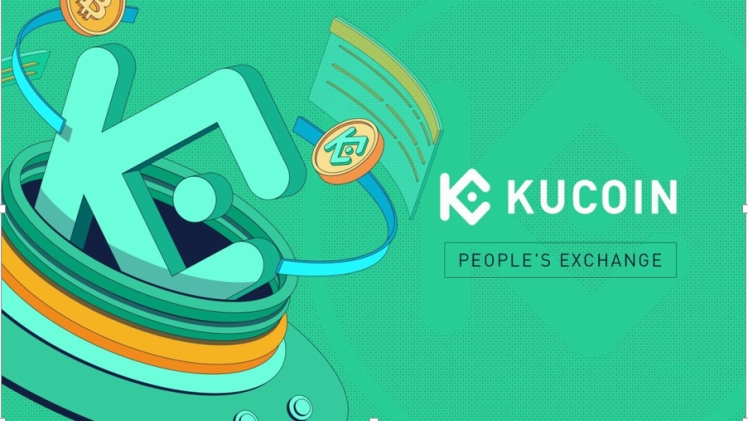KuCoin is a cryptocurrency exchange that offers over six million members various trading alternatives. Spot, margin, futures, peer-to-peer trading, and lending and staking are all examples. KuCoin claims to have the highest level of security and a cryptocurrency variety of around 400.
Although Bitcoin has long been the most well-known and widely used cryptocurrency, you may have heard of several lesser-known currencies. Ethereum and Litecoin are the two most popular, but hundreds of other altcoin exchange to choose from, each with values, aims, and advantages and disadvantages. These are just the most popular cryptocurrencies to be aware of whether you’re interested in getting into cryptocurrency or believe Bitcoin’s bubble will soon burst.
Ethereum is a cryptocurrency (ETH):
After Bitcoin, Ethereum is easily one of the most well-known cryptocurrencies, and its popularity has soared in recent years. After Bitcoin, it is the second-largest digital currency by market capitalization. Ethereum’s goal is to establish a group of decentralized financial products that may be utilized anywhere in the world. It functions as a decentralized software platform that enables smart contracts and dApps (decentralized apps) to develop and execute with practically no third-party fraud or disruption. People from nations with underdeveloped economies or infrastructure are increasingly interested in this since it allows anyone to generate and access financial products such as loans and bank accounts. Traditional lenders, for example, take a long time to review your credit score, and mistakes are usual; however, decentralized lenders accept your bitcoin as collateral, making it significantly faster to borrow money. For comparison, Ethereum has no coin cap (as opposed to Bitcoin’s 21 million), which means you can buy at any time. However, this does not generate as much demand; thus, it’s uncertain where eth price will go in the future.
Bitcoin Cash (BCH):
Bitcoin cash is the outcome of a hard fork in the original Bitcoin protocol, a significant change to a network’s protocol that occurs after many back and forths between miners and devs. Because of the nature of cryptocurrencies, the code that underpins its operations cannot be updated on the spur of the moment and must be agreed upon by most users. Suppose not enough individuals agree to the change. In that case, a split can occur, with a new chain (basically a shiny new version of the coin) being generated with the new code implemented but the original remaining.
Litecoin (LTC):
Litecoin (LTC) was established by Charlie Lee, an MIT graduate and former Google developer, and was the first cryptocurrency to follow Bitcoin. It is based on an open-source blockchain that is decentralized and not controlled by any central authority. Litecoin varies from Bitcoin in that transactions are faster due to a faster block generation rate. It also has a far greater supply—about 84 million coins, about four times that of Bitcoin. A rising number of retailers are adopting Litecoin, which is a positive indicator, and now is an excellent moment to invest in the currency.
Conclusion:
KuCoin is a cryptocurrency exchange that allows you to buy, sell, and store a variety of cryptocurrencies. It has a popular mobile cryptocurrency app as well as an online interface. You can purchase KuCoin’s native coin (kcs) to reduce fees and gain incentives.

